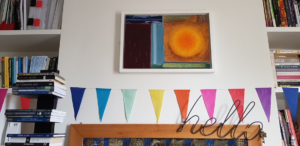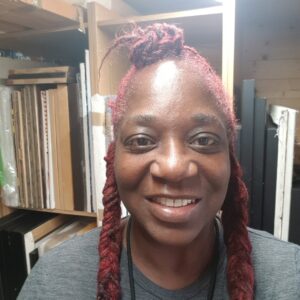
A few years ago I submitted a paper to a peer reviewed journal in which I quoted a tweet. Written by Dylan William the tweet summarised what I thought an erroneous view of schools and their connection to their communities. The tweet included a hyperlink to a research paper which I read with interest and which did not quite substantiate the comment William (2012) had made. It did however substantiate the argument I put forward in my research paper, namely that educational achievement is not the result of pedagogic prowess or effective implementation of government policy but is linked broadly to wider socio-cultural experiences of race, gender and class. The argument pivoted around whether or not Bernstein (1970) was right about schools being unable to compensate for society.
The reviewers were polite and probably open to persuasion. But they were also uncomfortable with the reference. Despite it being a quote by a UCL professor accompanied by a peer reviewed paper and entirely consistent with the argument with which my submission was engaged, they felt the tweet trivialised the issue. This was a few years ago, a different time perhaps when Twitter was dismissed as the place where people went to talk about their lunch. Twitter’s been through several iterations since then. In light of our recent pandemic experience, I wonder what twitter and other social media platforms mean in this moment.
For the next few years any student who participates in a viva will be asked a question about the impact of the pandemic on their research. Traditional – that is face-to-face – methods of data collection are no longer an option and won’t be for the foreseeable future. This is an abrupt turn. The most grounded academic hermit will be unable to escape the digital. Who amongst us visits a library archive (in preference to Google scholar)? Who makes shorthand notes using pen and paper when interviewing (in preference to a voice recorder on our mobile phone)? Does anyone write anything unless it’s on a keyboard? What University could survive without email? Going online is no longer an event. It is merely an extension of embodied ways of being.
Netnography, virtual ethnography and digital anthropology, phrases coined some years ago, will by the end of the pandemic, have lost their currency. There are few, if any, research methods and methodologies planned for our face-to-face world that can’t transfer with relative ease to our online world. The two worlds are thoroughly interpenetrated. Our shifts between them seamless. What the pandemic requires is the reshaping of our research practice to fully recognise the online lives research participants lead. Digital dualism must finally be declared the relic it has been for some time. Our social life is online.
The challenge for academics is a creative one: can methods and methodologies conceptualised for the old analogue world of in touching distance, face-to-face communication translate without significant loss of meaningful ethnographic detail to our digital world?

Dr Carol Azumah Dennis is Programme Leader for the Doctorate in Education. She has worked in Higher Education for 10 years following a career in Further Education. Azumah has published research about social media in which she conceptualises blogs as prefigurative spaces for dissenting professionals. She is currently working on a project exploring professional and academic knowledge landscapes.